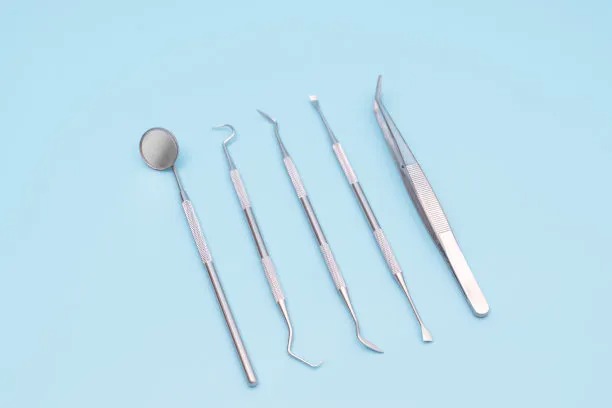Revolutionizing Smiles with Dental Implant Treatment A Comprehensive Guide to Modern Solutions for Tooth Replacement
Summary: Dental implant treatments have transformed the landscape of tooth replacement, offering patients a reliable and aesthetically pleasing solution. This comprehensive guide explores the essential aspects of dental implants, including their benefits, the various types available, the implantation process, and aftercare routines. By understanding these components, patients can make informed decisions about restoring their smiles effectively. Embracing modern dental solutions not only enhances oral health but also boosts confidence and overall quality of life.
1. Benefits of Dental Implants for Patients

Dental implants provide numerous advantages over traditional tooth replacement options such as dentures and bridges. One of the most significant benefits is their durability. Implants are designed to last for many years, often a lifetime with proper care, making them a cost-effective long-term solution.
Additionally, dental implants help maintain the natural structure of the jawbone. When a tooth is lost, the jawbone beneath it can deteriorate over time. Implants stimulate the bone, preventing bone loss and preserving the facial structure and appearance.
Moreover, dental implants enhance the patient’s quality of life. Unlike dentures, which can slip and cause discomfort, implants are securely anchored and provide a natural feel. Patients enjoy improved chewing ability, better speech, and increased self-esteem since they do not have to worry about the visibility of gaps in their smiles.
2. Understanding Different Types of Dental Implants
There are several types of dental implants available, each designed to meet specific patient needs. The most common type is endosteal implants, which are placed directly into the jawbone. These are typically made of titanium and are suited for most patients.
Another type is subperiosteal implants, which are placed beneath the gum but above the jawbone. These are ideal for patients with minimal bone height who cannot undergo bone augmentation. Understanding the various options helps patients make informed choices tailored to their unique dental conditions.
Lastly, there are zygomatic implants, which are longer implants anchored in the cheekbone for patients with severe bone loss in the upper jaw. These innovative solutions allow patients with extensive dental issues to receive implants without extensive bone grafting.
3. The Dental Implantation Process in Detail
The dental implantation process typically involves several steps over a few months. Initially, a comprehensive evaluation is performed, including X-rays and impressions to assess the oral structure. Following this, a treatment plan is formulated that is personalized to the patients specific needs.
Once the plan is in place, the first surgical procedure involves placing the titanium post into the jawbone under local anesthesia. This area will need time to heal, typically several months, allowing the bone to fuse with the implant in a process called osseointegration.
Once healing is complete, a temporary crown might be positioned while the custom permanent crown is created. Finally, during a second minor procedure, the permanent crown is affixed to the implant, completing the process and restoring the patient’s smile.
4. Post-Implant Care and Maintenance Guidelines
Post-implant care is crucial for the longevity of dental implants. Patients are advised to maintain excellent oral hygiene by brushing and flossing regularly to prevent plaque buildup, which can lead to gum infection around the implant.
Regular dental check-ups are equally important. Following the initial healing phase, patients should visit their dentist every six months or as recommended for professional cleanings and assessments, ensuring the implant and surrounding gums stay healthy.
Additionally, lifestyle modifications may be necessary for optimal results. Avoiding tobacco products, which can impair healing, and being mindful of diet can further support the longevity of dental implants.
Summary:
In conclusion, dental implants represent a revolutionary advancement in tooth replacement solutions, offering substantial benefits across various aspects of oral health. Understanding their advantages, types, the process, and aftercare is essential for anyone considering this treatment. Investing in dental implants not only saves one from complex future dental problems but also significantly enhances ones quality of life.
This article is compiled by Vickong Dental and the content is for reference only



